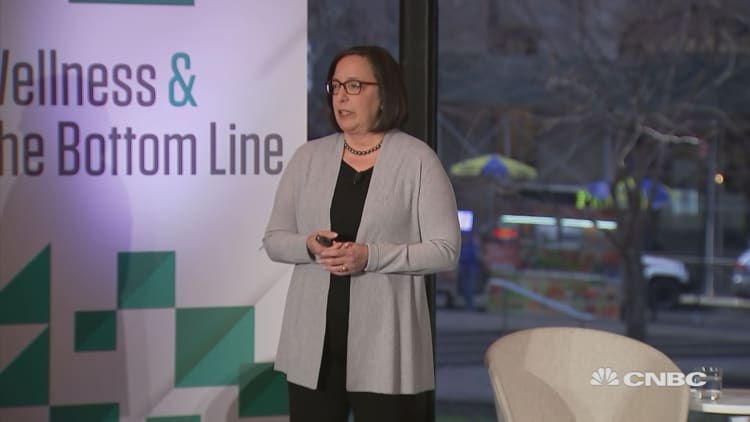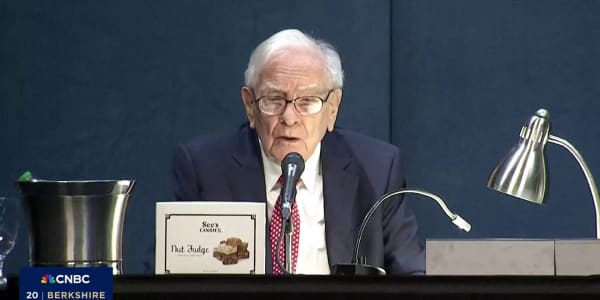Jason Fried considers time his most precious resource. He doesn't believe in to-do lists, endless meetings or 80-hour workweeks — what's now the norm for today's professionals.
The co-founder and CEO of Basecamp, a web-based project-management tool that he calls a "one-stop shop for all the things teams do together," instead believes in keeping it simple. He sticks to a strict 40-hour workweek and ensures that his 56 remote employees, spread out across 32 different cities around the world, have well-balanced lives that don't involve working around the clock. In fact, during the months of May through September, the company rigidly enforces a 32-hour, four-day week.
Simplicity — and treating each other like family — enables Basecamp's employees to think more clearly and therefore be more productive. Shorter workweeks force employees to prioritize their workload.
Basecamp's approach seems to be working. The company will celebrate its 20th anniversary this year since Fried founded Basecamp as 37signals with Carlos Segura and Ernest Kim in 1999. The number of active accounts has doubled from 1.5 million to 3 million since 2014. More than 100,000 companies now rely on Basecamp's products worldwide.
Basecamp still has only one investor though: Jeff Bezos. He invested $6 million in the company in 2006.
At the CNBC @Work + HR Talent conference this week in New York City, Fried spoke out against today's workplace policies and called for a paradigm shift, contending that America's workforce is at a tipping point.
"I don't think work is getting better. It's getting worse," he said. "Too many endless meetings, emails, being on call 24/7 and 80-hour workweeks are driving people crazy. Employees are now too busy to think."
He also believes it is up to the C-suite to make that change. "Leaders need to respect and preserve the time of their employees so they can be happier and more productive at work," said Fried.
"One of the worst inventions in modern technology is the shared calendar where everyone can steal each others' time. Technology and distractions are sapping everyone's attention."
Janice Marturano, founder of the Institute for Mindful Leadership, agrees. At CNBC's @Work + HR conference, the former vice president of public responsibility and deputy general counsel at General Mills said most people in this 24/7/365 world find it impossible to cut out all the distractions. The result? Bad decisions are being made across the board, and personal time and family life are suffering.

Marturano founded the institute after seven-day workweeks for 18 months severely encroached on her personal time. "My mother passed away and I had no time to grieve. Then six months after that my dad passed away. I was profoundly aware that I had lost something."
It was that pause, that deep breath, that step back that changed her life. Now, she says, professionals in every level of an organization need to take the time to cut out all the noise and distractions so they can be better able to make good decisions both at work and in life. "Without it," she said, "we are asking them to do the impossible."
"Nothing will change until people raise their hands and raise their voices and say: 'We need to have a life, recharge our brains so we can be productive,'" said Fried.






